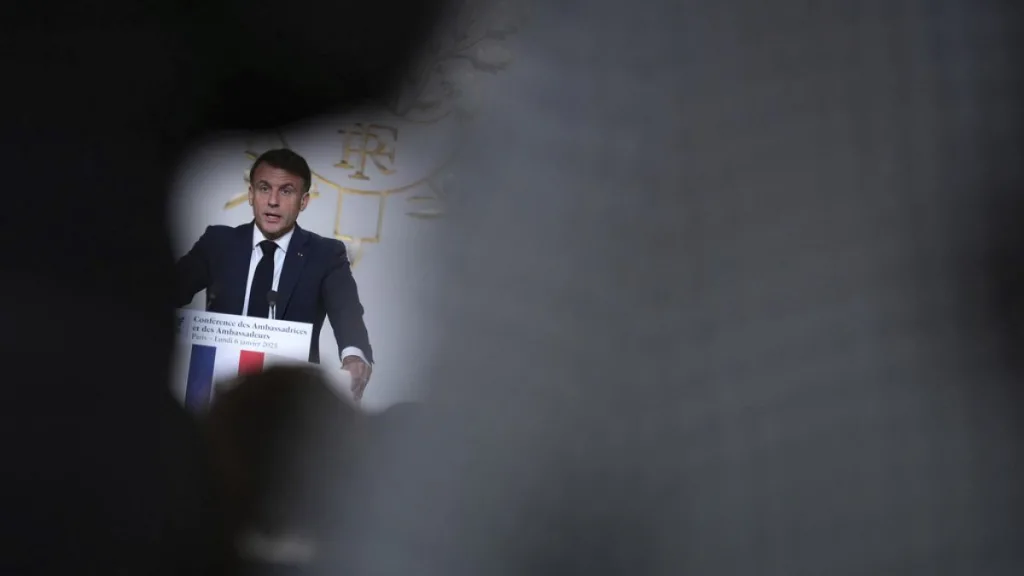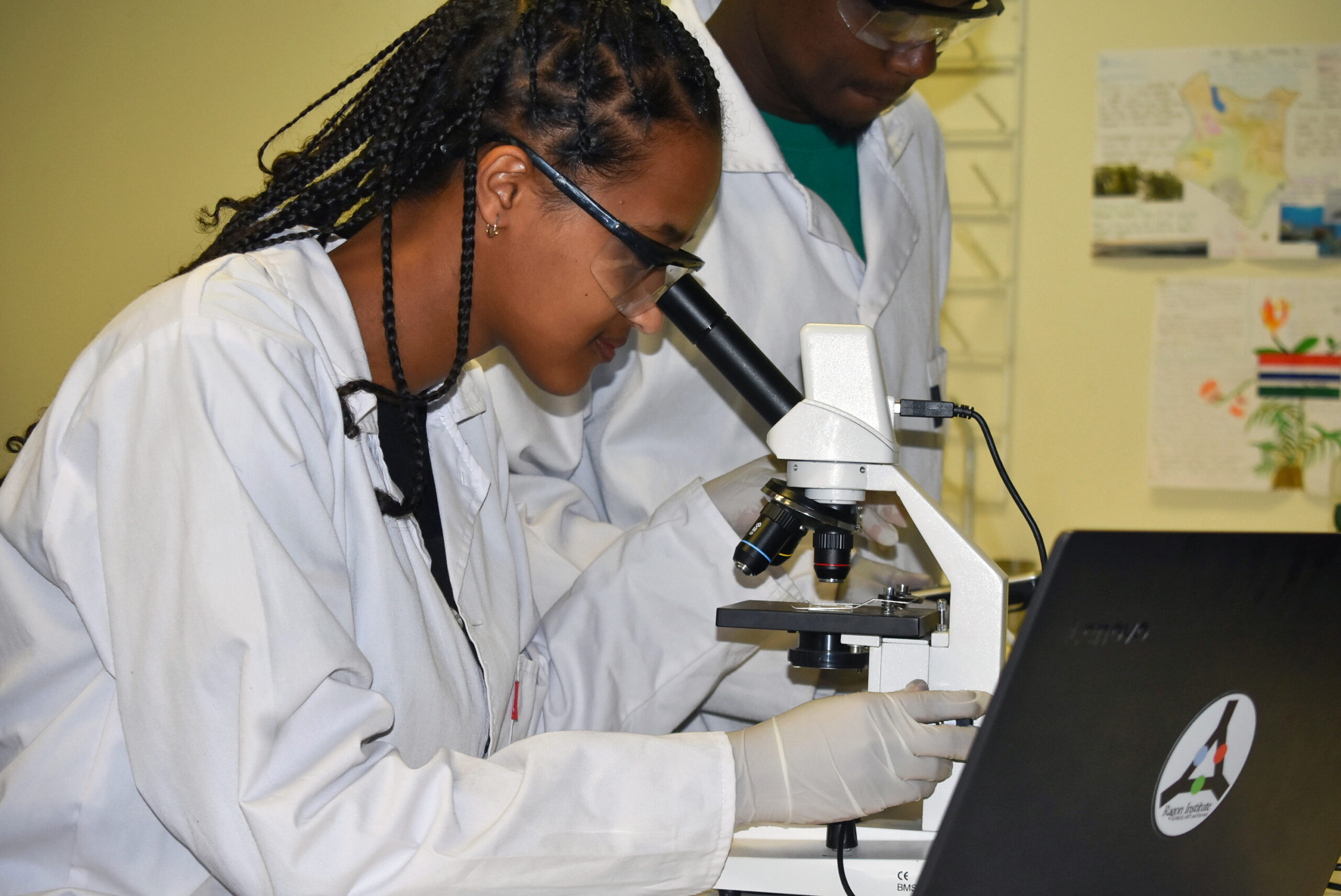In today’s rapidly evolving landscape, MIT stands out as a beacon of innovation and research excellence.
Recently, MIT celebrated a remarkable achievement, with the United States Patent and Trademark Office issuing 365 utility patents to the Institute in 2023. This accomplishment marks a decade of recognition, as the National Academy of Inventors has consistently named MIT as the top single-campus university for patents granted. While the University of California system ranks first overall—spanning ten campuses and six academic health centers—MIT’s status remains unparalleled at a single-campus level. Learn more about the top universities for patents.
At the heart of MIT’s mission is the technology transfer initiative, which aims to elevate knowledge for the world’s benefit. The Technology Licensing Office (TLO) plays a crucial role in transforming innovative research into societal solutions. Their efforts foster startups, medium-sized enterprises, and large corporations, enabling groundbreaking discoveries to address critical societal needs, stimulate economic growth, and open new avenues of opportunity.
Each year, the TLO receives over 600 invention disclosures, leading to a significant number of patents. Their strategic licensing activities align with MIT’s focus on six key impact areas: healthy living, sustainable futures, connected worlds, advanced materials, climate stabilization, and exploring uncharted territories. These areas reflect the priorities of MIT’s faculty and research staff, ensuring that cutting-edge technologies drive positive change.
Lesley Millar-Nicholson, executive director of the TLO, emphasizes the alignment of their work with President Sally Kornbluth’s vision. “Our collective efforts ensure that MIT-born innovations make a global impact, tackling some of the most urgent challenges we face,” explains Millar-Nicholson. “This embodies a shared commitment to the ‘grand creative enterprise’ discussed by Kornbluth, where our collaborative energy creates greater solutions than we could achieve individually.”
Startups like Verdox and Cognito Therapeutics exemplify this creative spirit. Founded in the lab of T. Alan Hatton, Verdox aims to combat climate change by efficiently capturing carbon dioxide using electricity. Similarly, Cognito, developed from the research of Li-Huei Tsai and Edward Boyden, offers innovative treatments for neurodegenerative conditions, providing new hope for Alzheimer’s patients through non-invasive neuro-stimulatory therapy. These companies not only represent MIT’s intellectual property but also serve as catalysts for a healthier, more sustainable future.
Technology Licensing Officer Nestor Franco highlights the journey of transforming research into real-world applications: “By out-licensing our innovations, we amplify MIT’s role in global advancement while reinforcing our commitment to improving society.”
As MIT pushes the limits of what is achievable, from space exploration to quantum computing, the TLO remains integral to the Institute’s impact strategy.
To discover the groundbreaking technologies stemming from MIT, visit patents.mit.edu and explore available innovations for licensing that are poised to shape the future. For more information about the TLO’s work and how MIT’s inventions evolve into societal solutions, visit tlo.mit.edu.
Photo credit & article inspired by: Massachusetts Institute of Technology



